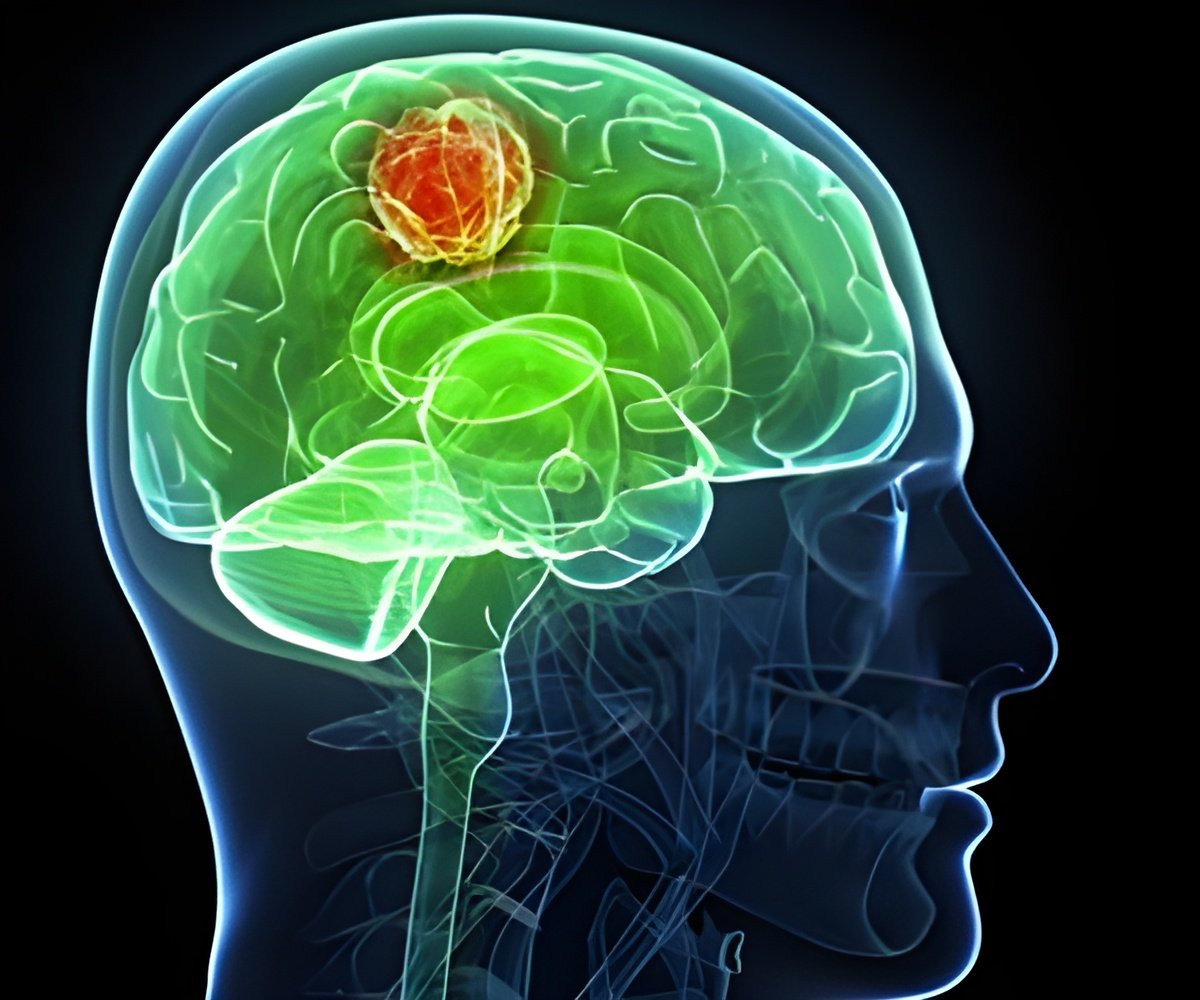Recurrent glioblastoma tumors with very few mutations respond to immunotherapy better than similar tumors with an abundance of mutations.

‘Recurrent glioblastoma tumors with very few mutations respond to immunotherapy better than similar tumors with an abundance of mutations.’
Read More..




The study led by Duke's Preston Robert Tisch Brain Tumor Center is published in the journal Nature Communications.Read More..
The researchers found that recurring glioblastoma tumors with very few mutations are far more likely to respond to immunotherapies than similar tumors with an abundance of mutations.
These findings can help serve as a predictive biomarker to help clinicians target immunotherapies to those tumors most likely to respond. This can also potentially lead to new approaches that create conditions required for the immunotherapies to be more effective.
Senior author David Ashley, M.D., Ph.D., professor in the departments of Neurosurgery, Medicine, Pediatrics and Pathology at Duke University School of Medicine said, “It's been frustrating that glioblastoma is incurable and we've had limited progress improving survival despite many promising approaches. We've had some success with several different immunotherapies, including the poliovirus therapy developed at Duke. And while it's encouraging that a subset of patients who do well when the therapies are used to treat recurrent tumors, about 80% of patients still die.”
The researchers performed genomic analyses of recurrent glioblastoma tumors from patients treated with the poliovirus therapy as well as others who received so-called checkpoint inhibitors. The checkpoint inhibitors are a form of therapy that releases the immune system to attack tumors.
Advertisement
Ashley said, “This suggests that chemotherapy, which is the standard of care for newly diagnosed glioblastoma, might be altering the inflammatory response in these tumors.” Chemotherapy plays an important role as a primer to trigger an evolution of the inflammation process in recurrent tumors.
Advertisement
Source-Medindia















